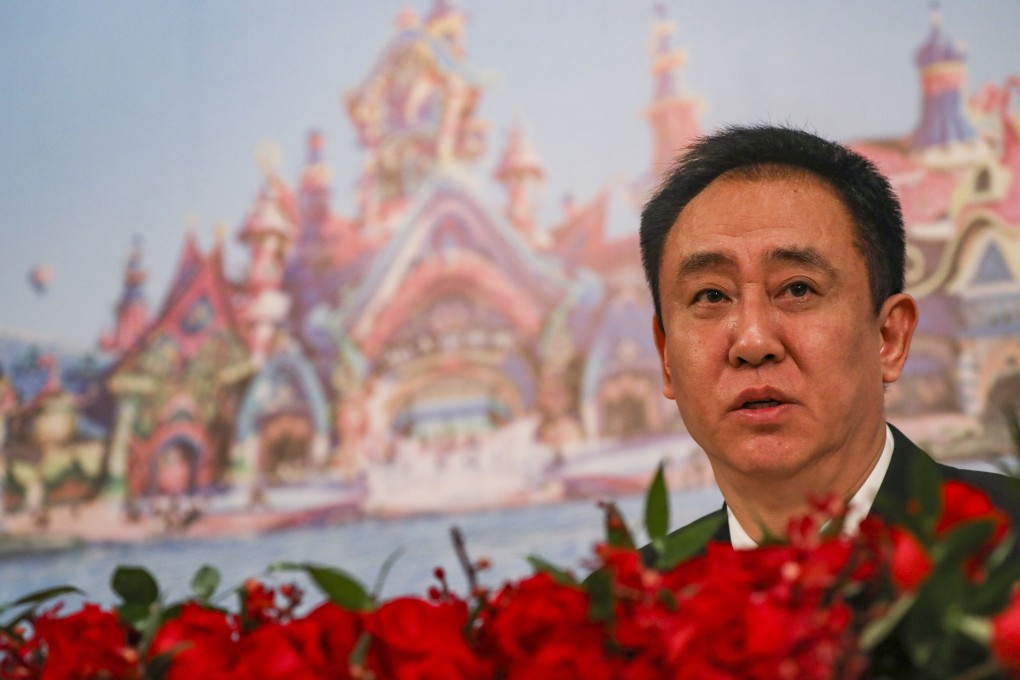China debt: Evergrande’s fate shows ‘too big to fail’ may no longer apply as crackdown gathers steam
- Evergrande is perhaps the most prominent in a growing list of high-profile Chinese companies at risk from extravagant borrowing in recent years
- Analysts say the developer’s financial and political troubles could signal ‘more tolerance for defaults’ as Beijing pushes ahead with deleveraging

This is the sixth part in a series of stories looking at China’s economic outlook in the second half of 2021 as it continues its recovery from a coronavirus-hit 2020.
On July 1, under cloudy skies in China’s capital, Hui Ka Yan, the 63-year-old billionaire chairman of the nation’s second-largest property developer, walked through Tiananmen Square as part of Beijing’s celebration of the Communist Party’s centenary.
His appearance among China’s ruling elite was seen as a sign of political favour for the country’s most-indebted developer, but it did nothing to prevent his company from falling deeper into a crisis two weeks later after a court froze some of its bank deposits.

08:07
Cheap housing but few economic opportunities for young Chinese in city along Russian border
Evergrande is perhaps the most prominent of an expanding list of high-profile companies under threat from extravagant borrowing in recent years. Its financial and political troubles come amid growing concern about systemic financial risks in China, due in part to a sharp rise in corporate debt levels.
